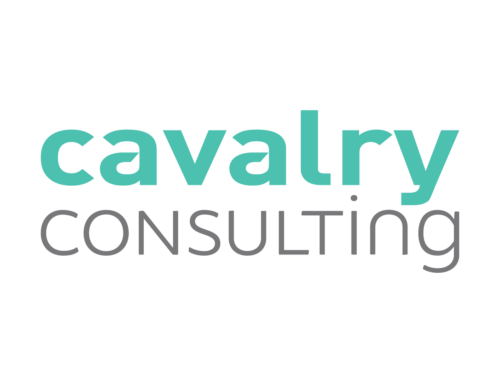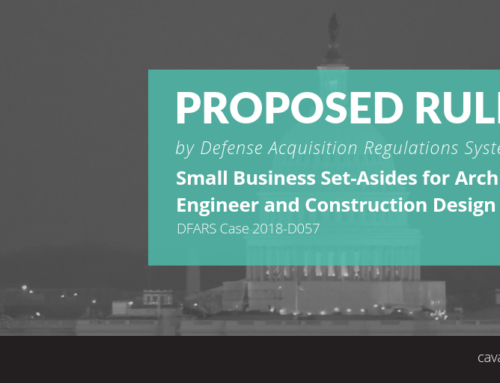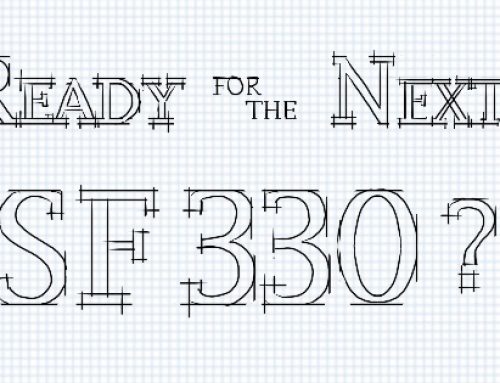
Winning proposals don’t happen by accident – they are carefully and expertly crafted. Each section, each paragraph, and each element must be composed, discussed, and thoughtfully reviewed to create a document that is stamped and ready for submittal. But before any words go to the page, a winning proposal goes through a process where the RFP is critically evaluated to ensure that the company proposing can indeed meet and exceed all of the criteria required.
When it comes to proposal “success rates” or “win rates” – this in-depth RFP evaluation is the critical factor. Does your firm have a statement like “Submit X number of proposals per month,” written in its business plan? In our experience, your number of submittals is not a logical equation to number of wins. Quality of submittals equals number of wins. You can submit 20 proposals a month hoping to win 5, but unless we are talking IFBs – which we are not – then all that is likely to do is exhaust your resources, past performance POCs, and proposal budget. So where to start?
The first step to developing a winning proposal is being able to answer YES to these two questions:
- Does our team qualify for this project?
- Do we have the resources to prepare a winning proposal?
Without an affirmative answer for both, there is a good chance that your team has already lost, and any money spent on this proposal will be a fruitless effort. Sound harsh? Let me explain.
For the first question – Does our team qualify for this project? This is not the same as asking “Can we perform this job?” Of course you can perform the work, but in the majority of proposals, you need to prove that you have done it before – and done it well. I caution clients not to get stuck in Section L of the RFP to see what is required before committing to a GO decision. It is critical to review Section M, the Evaluation Criteria, as well as the RFP Definitions to fully understand how your project experience will be evaluated. For example, when evaluating an RFP – if you are identifying your six relevant projects and HOW they will be evaluated according to Section M, you are on your way to developing a winning proposal.
For the second question – Do we have the resources to prepare a winning proposal? Now, this is not the same thing as asking if you have the resources to prepare a proposal. You can grab some old narratives and throw in a management plan and organization chart from a previous submittal, but will that give you a winning proposal? Every RFP has the same critical evaluation point at it’s core – you need to show that you understand THIS specific project, and discuss how you will accomplish this specific scope of work, at this location, for this client. A winning proposal is not a copy/pasted proposal.
Additionally, the detailed elements such as resumes, project data sheets, and PPQs require very specific information that can make or break a proposal. Need to show 10 years of experience for your Project Manager? You can actually lose a proposal if you only list out 9 years and 11 months – even if he/she has over 30 years of experience. The more complicated a proposal, the more room there is for error. This is why winning proposals require dedicated resources.
I am curious to hear what you have heard in your post-award debriefs. Win or lose – how are you doing on your proposals? Drop me a line at michele@cavalryconsulting.com for advice, another opinion, a little brain-picking, or to bounce off some ideas.







Leave A Comment